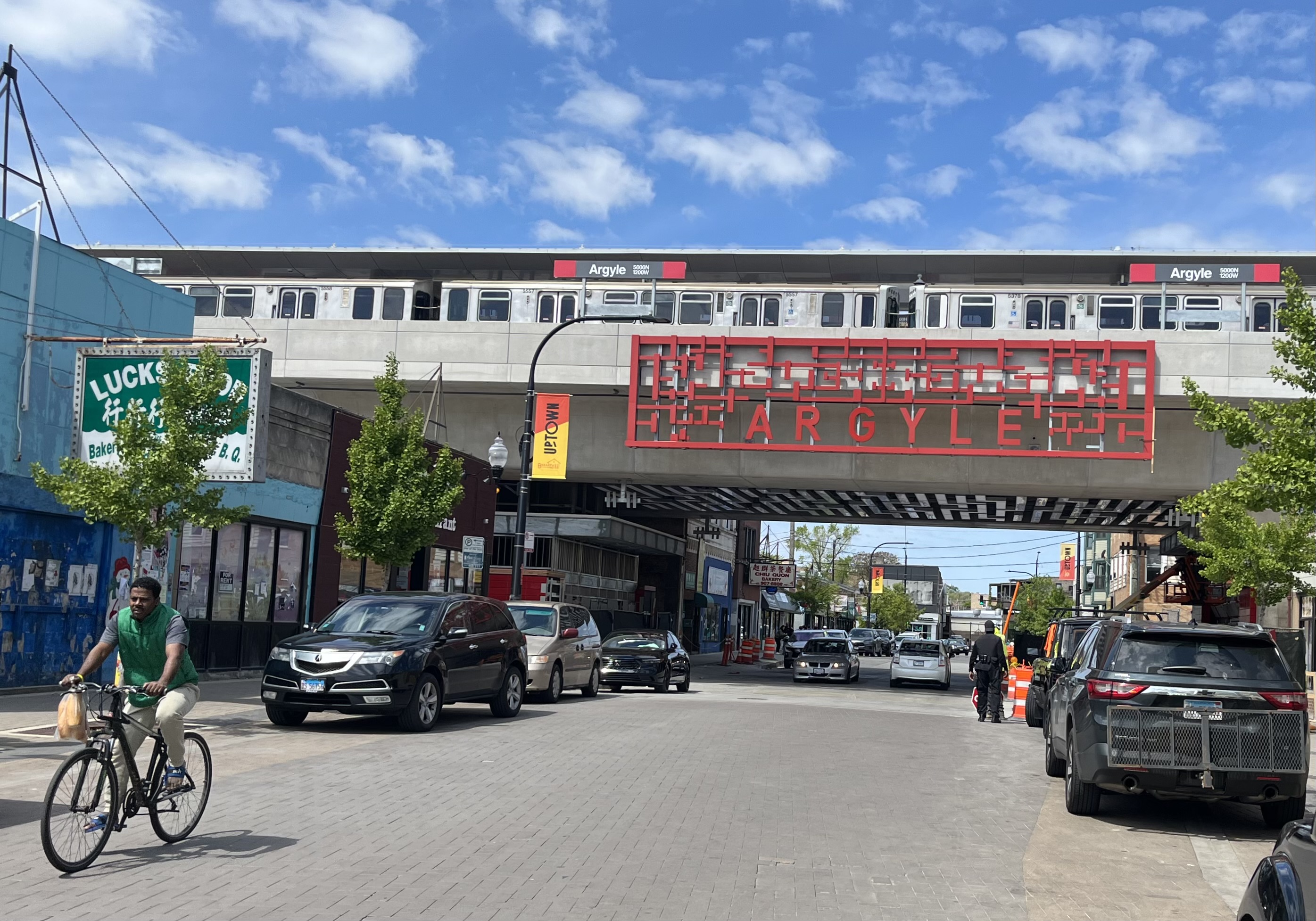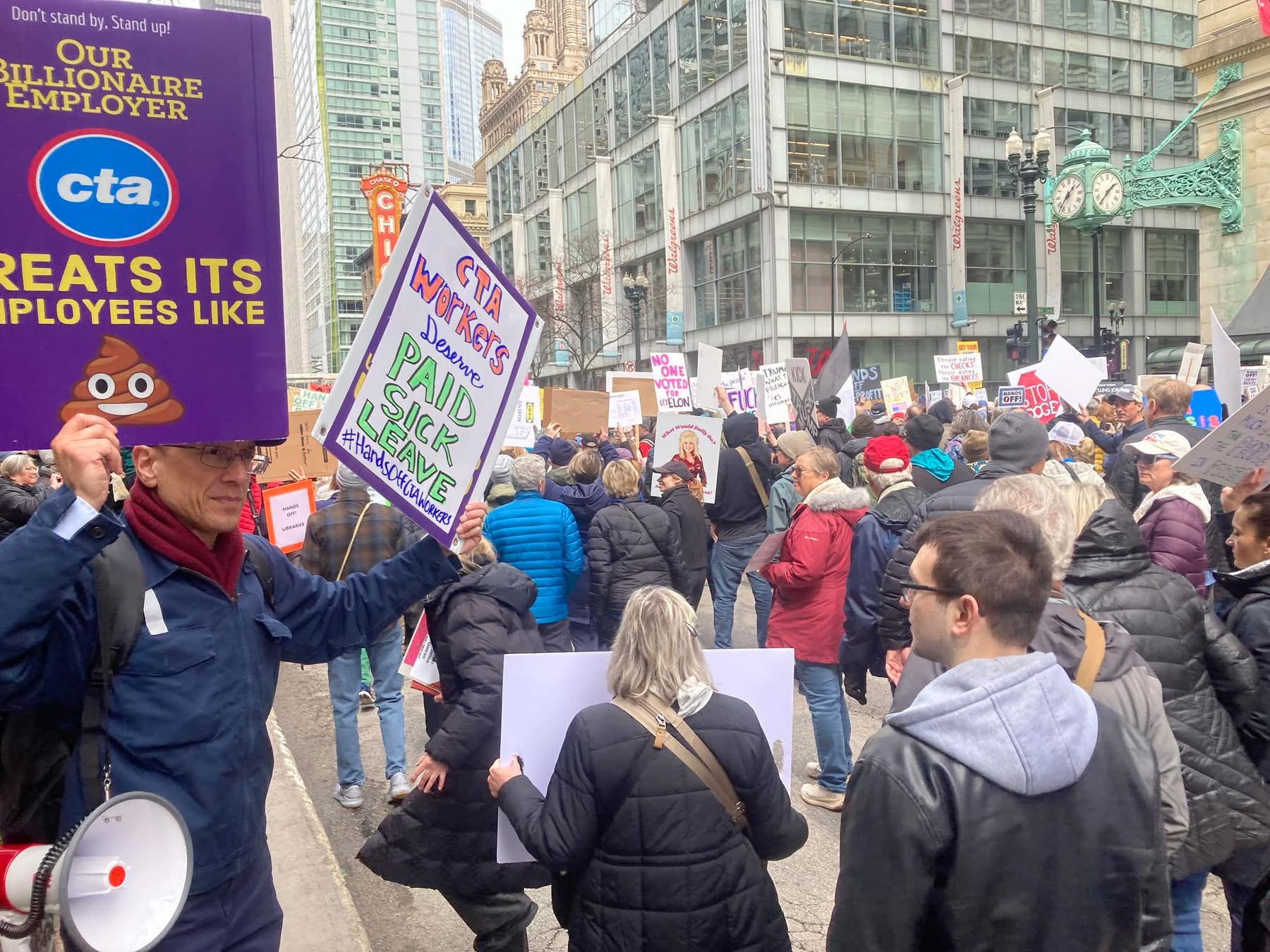Americans are slouches when it comes to walking.
According to a recent survey of 1,224 adults commissioned by Kaiser Permanente, a third of Americans reported they do not walk for more than a 10-minute period during the course of a typical week. Of the remaining two-thirds, another 31 percent said they get less than the CDC's recommended weekly 150 minutes of walking. The results of the survey were released at the Walking Summit last week in Washington.
Americans aren't ignorant about the health benefits of walking. Seventy-four percent said they should walk more. Eighty percent know walking reduces depression, and more than that acknowledge it reduces anxiety and can prevent heart disease.
So what's holding us back? Lack of time and energy were cited as major reasons for not walking enough, according to GFK Research, the company Kaiser hired to produce the report. Another big factor was neighborhood conditions and the way we've built our society around driving to the exclusion of healthy, active transportation.
Four in 10 of those surveyed said their neighborhood was "not very" or "not at all" walkable. The biggest deterrents included "lack of sidewalks, drivers who speed and drivers who talk on their phones or text." Crime was the eighth most frequently listed factor, and was ranked higher by black and Hispanic respondents.
The survey also found that, for the most part, Americans do not choose their neighborhoods based on walkability. (Although recent research from the National Association of Realtors indicates otherwise.) Those who lived in walkable neighborhoods, however, reported logging more steps every week.





